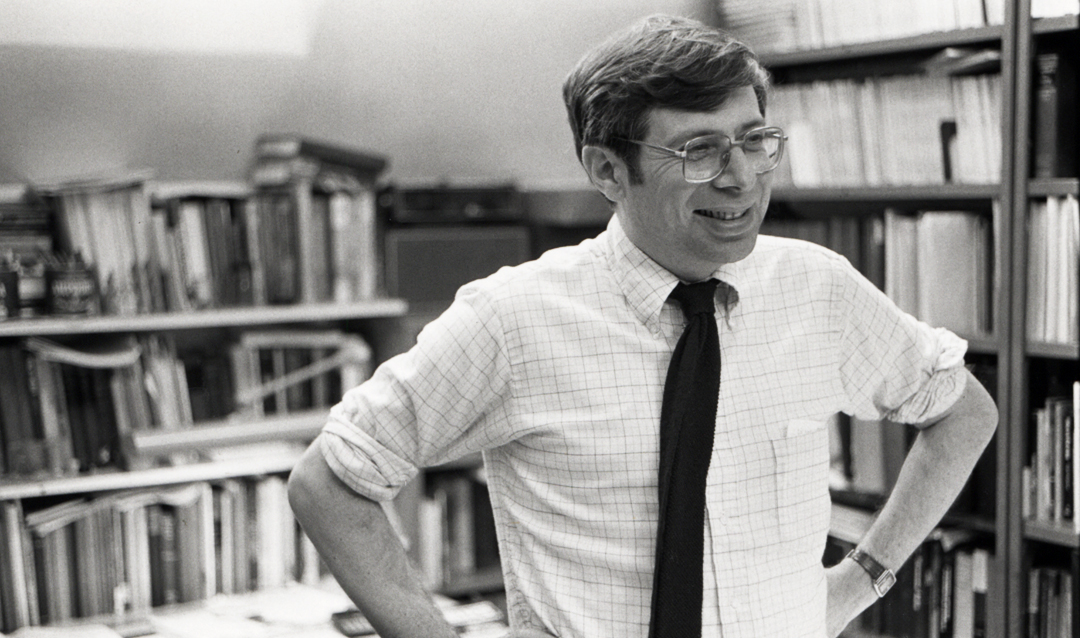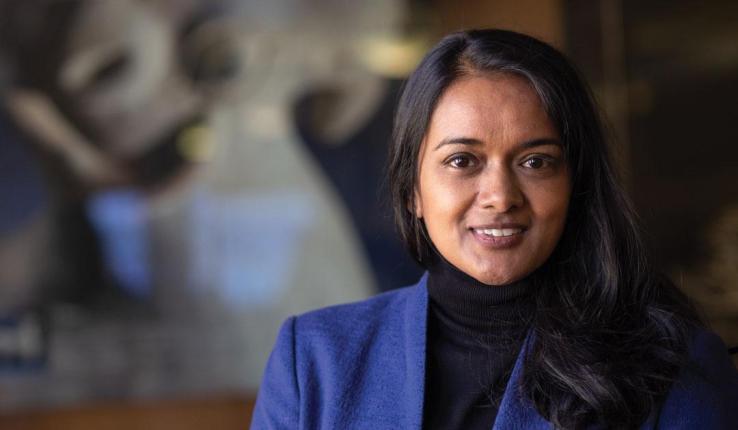J. Richard Aronson, the founder and former longtime director of the Martindale Center for the Study of Private Enterprise and the former William L. Clayton professor of Business and Economics at Lehigh, passed away Jan. 15, 2023.
In his 50-plus-year career at Lehigh, Aronson was believed to have taught more students than any other professor at the university—an estimated 20,000 students. He also influenced the lives of hundreds of Martindale Student Associates who benefited from life-changing trips to countries that included Slovenia, Colombia, Greece and Argentina.
“It’s hard to overstate how much Rich meant to Lehigh and his students, colleagues and friends,” said Todd Watkins, executive director of the Martindale Center who succeeded Aronson after he retired from Lehigh in 2015. “Since word got out about his passing, literally hundreds have reached out to us here at the Martindale Center … to express condolences certainly, but even more to share stories of how Rich had so affected their lives, and their honor and joy of having known him.”
One person offering condolences described him perfectly, Watkins said, invoking a word that the writer said Aronson might have used but not about himself–mensch. “Indeed he was, in every way: honor, integrity, kindness, true compassion for those around him, and always with that wonderful twinkle in his eyes that we all knew,” Watkins said. “He clearly enjoyed every moment and every interaction in his life.”
As a teacher and mentor, Aronson was extraordinarily well liked yet challenging in the classroom. He was a widely published scholar with a passion for his discipline, as well as a groundbreaking educator who, with the Martindale Student Associates program, embraced experiential undergraduate research with deep global engagement long before global and experiential learning “were even things” on university campuses, Watkins said.





